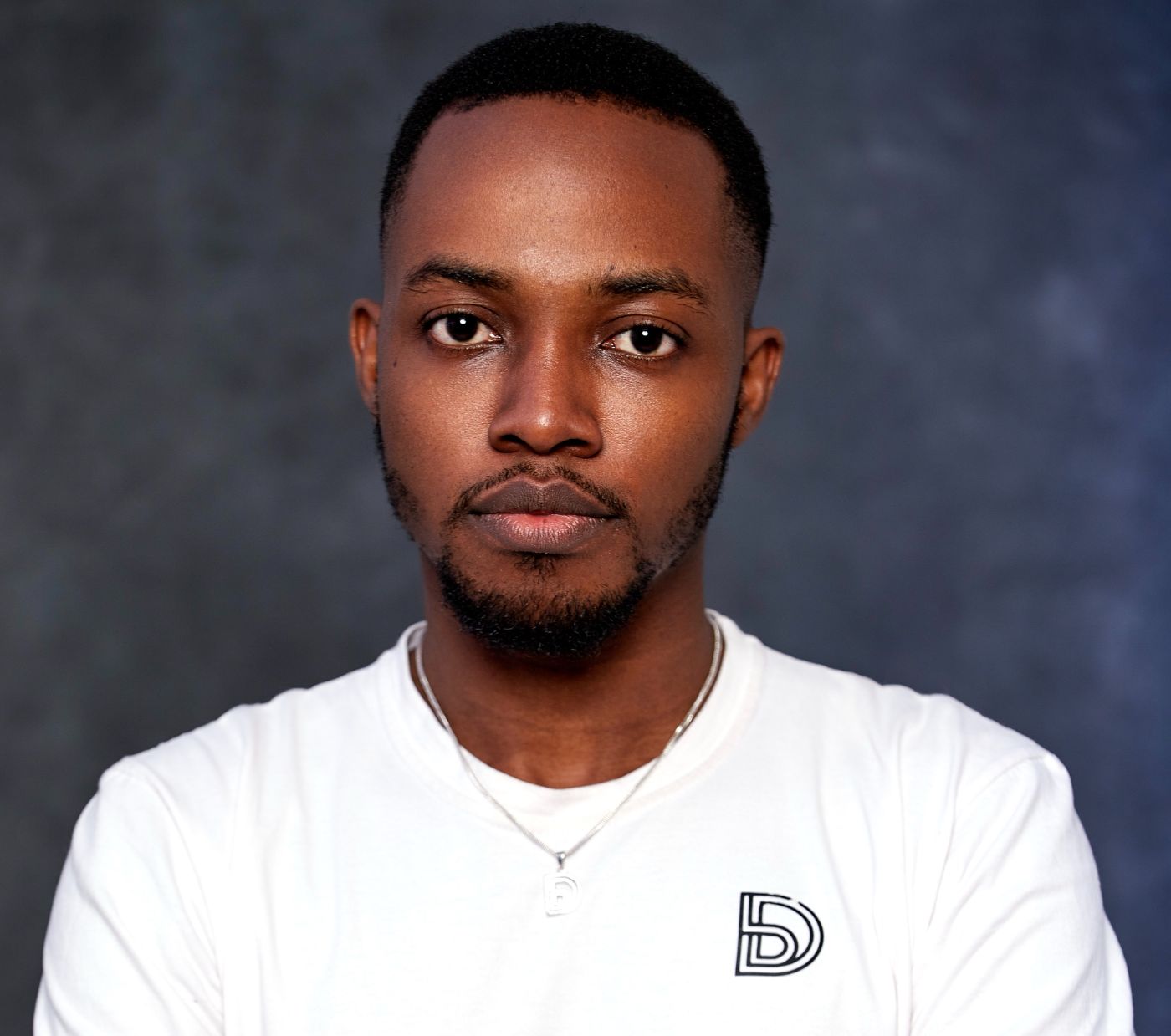Under The Hoodie - Ada Nduka Oyom, DevRel Ecosystem Community Manager with Google
by
June 27th, 2022
Audio Presented by

Media entrepreneur; Publisher, Benjamindada.com and Host, The Big Tech Show on YouTube
About Author
Media entrepreneur; Publisher, Benjamindada.com and Host, The Big Tech Show on YouTube
